FGFJ TICAD9 Thematic Event | Sustainable Health Financing in Africa: From Commitments to Action
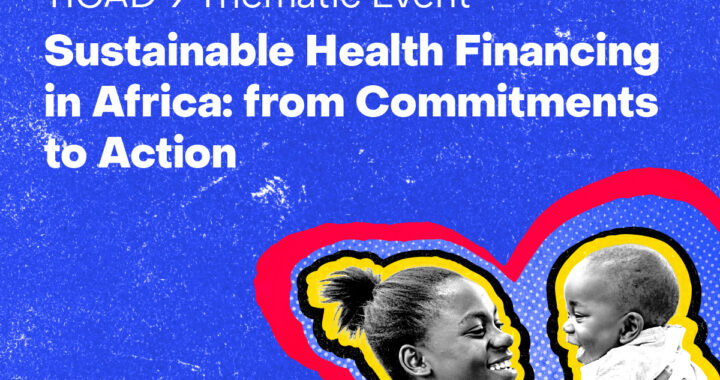
The Global Fund to Fight AIDS, Tuberculosis and Malaria and the Japan Center for International Exchange (JCIE)/Friends of the Global Fund, Japan (FGFJ) co-organized a thematic event titled “Sustainable Health Financing in Africa: from Commitments to Action” on the occasion of the Ninth Tokyo International Conference on African Development (TICAD 9), held in Yokohama in August.
National Network for an Inclusive Future (NANIF)

JCIE has launched the National Network for an Inclusive Future, which aims to support the establishment of regional platforms to discuss the acceptance and settlement of foreigners throughout Japan. With support from the Toyota Foundation, JCIE will work with local governments, councils, NPOs, companies, media, and other Japanese organizations tackling obstacles to foreign talent and multicultural coexistence in local communities.
Foreign Residents in Japan & The Role of Japanese NPOs
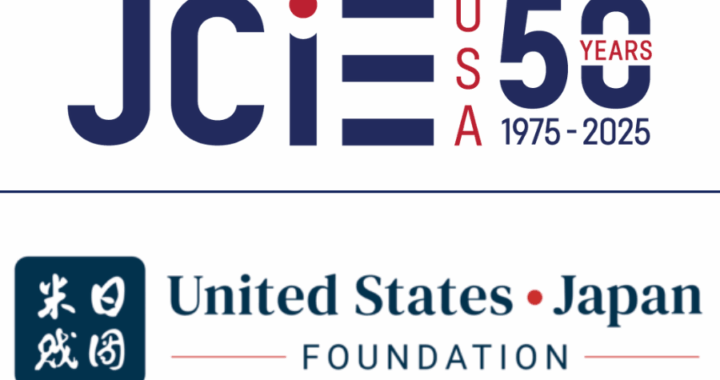
JCIE USA conducted a 9-month project from January 1-September 30, 2025 focused on Japanese NPOs that support foreign residents. Through background research and interviews with a select group of Japanese NPOs, the project identified their key challenges, how they collaborate with other stakeholders, and the insights they are seeking from international experience, particularly the United States.
WEBINAR | Post-TICAD9 and Pre-G20 Summit Briefing on Japan-Africa Partnership
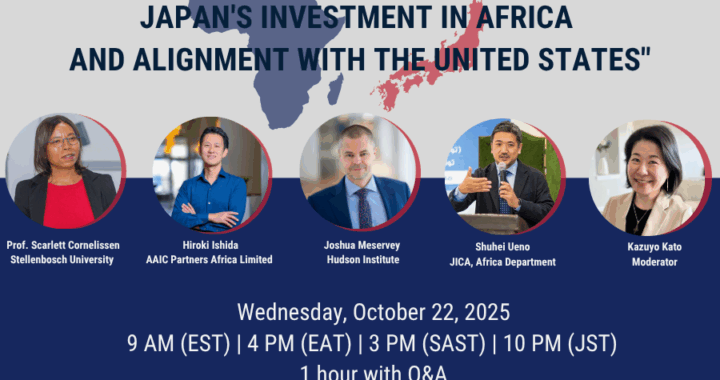
The Japan Center for International Exchange (JCIE USA) hosted a webinar on October 22 with four distinguished speakers to provide Japanese, US, and African perspectives on Japan-Africa partnership. The discussion addressed how a “win-win” partnership can be strengthened through private sector investments and in alignment with the United States. It was also an opportunity to reflect on the outcomes of Japan’s leadership at the 9th Tokyo International Conference on African Development (TICAD9) in August as well as expectations for the G20 summit in November as South Africa prepares to hand over its presidency to the United States.
JCIE USA’s Executive Director, Kazuyo Kato, Receives the John & Hiroko Malott Leadership Award
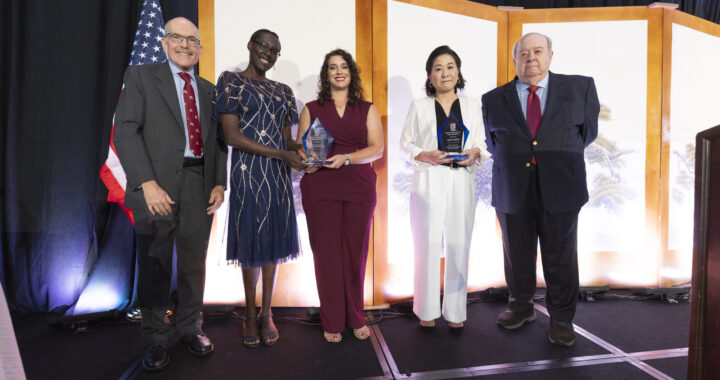
JCIE USA’s Executive Director, Kazuyo Kato, received the 2025 John & Hiroko Malott Leadership Award on October 11 at the 39th US-Japan Capital Gala hosted by the Japan-America Society of Washington DC.
Japan-Korea Forum
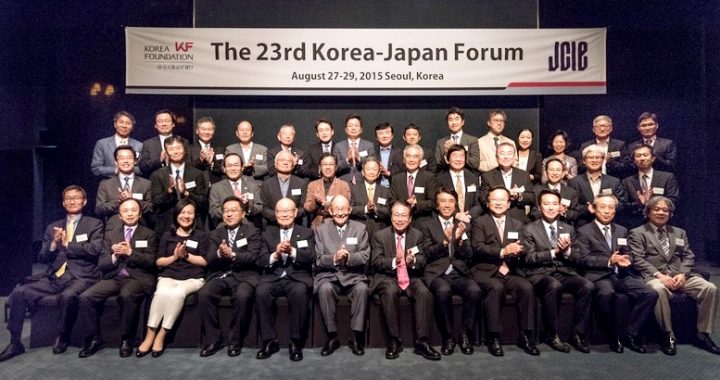
The Japan-Korea Forum was initiated in 1993, when South Korean President Kim Young-sam and Japanese Prime Minister Morihiro Hosokawa called for the formation of a new, forward-looking relationship between the two countries. Since then, the forum has taken place annually and is held alternately in Korea and Japan, bringing together about 50 policy experts, government officials, legislators, journalists, business executives, and civil society leaders from the two countries.
Japan-Korea Forum | 19th Meeting

On August 24-26, 2011, the Japan-Korea Forum was held in Seoul. Approximately 40 leaders from the political, nonprofit, academic, media, and corporate sectors gathered to discuss a variety of topics, including socio-political developments in both countries, the changing economic environment in Northeast Asia and the future of Korea-Japan economic cooperation, and regional security issues.
Japan-Korea Forum | 20th Meeting

On December 20-22, 2012, the Japan-Korea Forum took place in Tokyo. Approximately 40 leaders from the political, nonprofit, academic, media, and corporate sectors gathered to discuss a variety of topics, including socio-political developments in both countries, the changing economic environment in Northeast Asia and the future of Korea-Japan economic cooperation, and regional security issues.
Japan-Korea Forum | 23rd Meeting
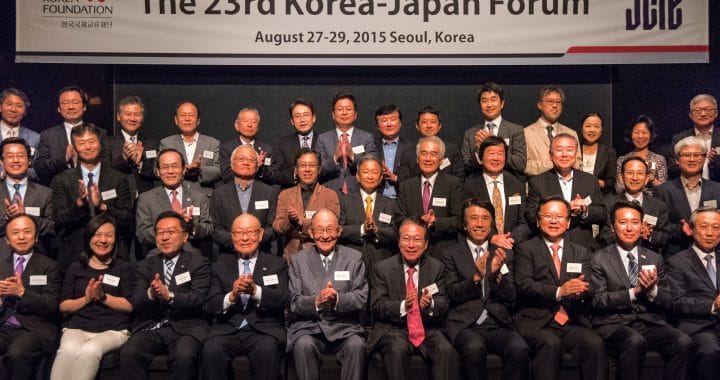
The 23rd Japan-Korea Forum was held in Seoul on December 27–29, 2015, convening 50 participants from both countries. As this year marks the 50th anniversary of the normalization of Korea-Japan relations as well as the 70th anniversary of the end of World War II, discussion about how to deepen Korea-Japan relations over the next half-century featured prominently in each session.
Japan-Korea Forum | 25th Meeting
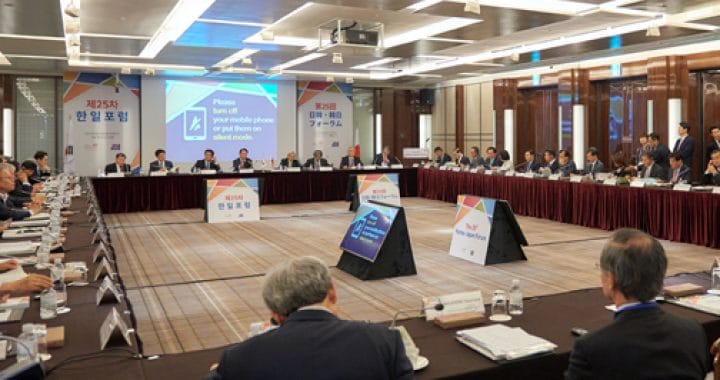
The 25th meeting of the Japan-Korea Forum brought together more than 50 participants from both countries, including influential politicians, businesspeople, and representatives of private exchange organizations. Discussions were held on the themes of “The Security Situation in Northeast Asia and Japan—South Korea Cooperation,” “Trends in Domestic Affairs and Foreign Policy,” and “The International Economy and Bilateral Economic Cooperation.”
